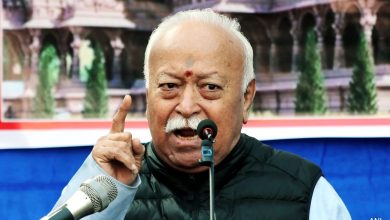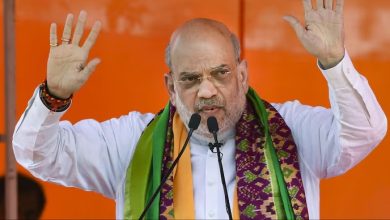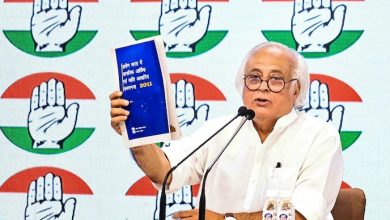New Delhi: Rebutting criticism that proposals in the Budget for 2015-16 are pro-corporate and anti-poor, government on Sunday said the views are “completely wrong and ill founded” and not backed by any data.
“They (critics) are completely wrong…it is ill founded, misguided and certainly not backed up with any data,” Minister of State for Finance Jayant Sinha told media in an interview.
He was responding to the criticism that the first full- year budget of the NDA government, presented in Parliament yesterday by Finance Minister Arun Jaitley, is “pro-corporate and unkind to poor”.
Former Finance Minister and senior Congress leader P Chidambaram has said that the budget proposal to reduce corporate tax from 30 per cent to 25 percent would benefit the corporate to the tune of Rs 20,000 crore in taxes every year for the next four years.
According to Sinha, the proposed reduction of the corporate tax from 30 percent to 25 percent over a period of four years was a “revenue neutral” exercise as the companies were going to lose all exemptions in the process.
“Right now, they (corporates) are not paying 30 per cent taxes, they are actually paying 23 percent taxes. Effectively we are going to get rid of all those exemptions over a period of time. They have some time to adjust and their taxes are going to become 25 percent,” he said.
Anyway, he added, the idea behind the move was not to raise taxes but to “remove distortions and inconveniences” and make the taxation system simple and predictable and improve the ease of doing business.
“So, in that sense I totally reject the criticism that it is pro-corporate. It’s very much pro-people,” he said, adding that the other major beneficiary would be the middle class.
As regards the middle class, Sinha said the total exemptions would go up to Rs 4.4 lakh meaning that persons with income of Rs 7 lakh and availing all tax benefits will not have to pay any tax.
“This is a jobs oriented budget… We have gotten rid of wealth tax and instead increased tax on super rich by 2 percent which will generate Rs 9,000 crore. So I reject that criticism. It is wrong and misguided,” he added.
On the impact of increase in service tax on prices, Sinha said: “It has been very marginal increase from 12.3 percent to 14 percent. But the fact of the matter is that all the other benefits are far more than slight increase in service tax.”
The decision, he added, was aimed at moving towards to Goods and Services Tax (GST), a new indirect tax regime which subsume various other state and central taxes.
The GST was going to be very beneficial to people, he said, adding that “it’s going to avoid cascading taxes, it’s going to create lots of efficiency”.
Answering questions on the decision of the Finance Ministry to postpone fiscal consolidation programme by one year, Sinha said the new government took up a very challenging task of reducing the fiscal deficit to 4.1 percent in 2014-15 from 4.7 percent a year ago.
“You know 4.7 percent was achieved last year (2013-14), and the manner in which it was achieved, the quality of those numbers, the fiscal jugglery put in it was probably not 4.7 percent but 5.5 percent. We actually got it down in real terms, from over 5.5 percent to 4.1 percent,” he said.
The budget proposes to bring down the fiscal deficit to 3.9 percent in 2015-16 as against the FRBM target of 3.6 percent and utilise the fiscal space to stimulate economy by promoting public investment.






